
Cold Feet All the Time? 6 Reasons That Have Nothing to Do With the Weather
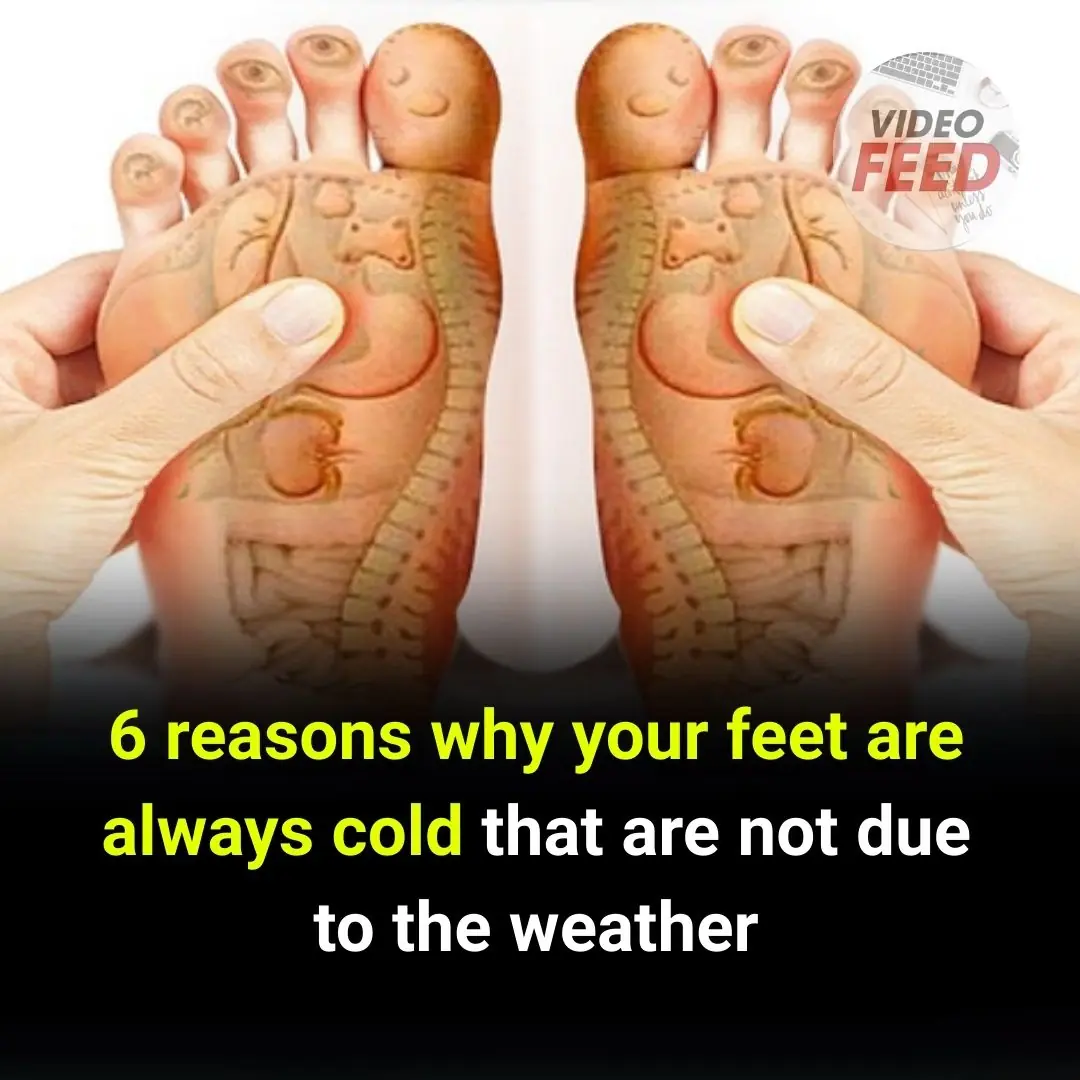
6 Reasons Why Your Feet Are Always Cold That Are Not Due to the Weather
Cold feet can sometimes be a normal response of your body to temperature changes, but in some cases, this may also be a symptom of underlying health conditions.
Occasional cold feet are normal and quite common. However, constantly cold feet can cause discomfort and sometimes even mild pain. Typically, cold feet are due to temperature changes or circulation issues, but they may also signal underlying health problems. So, what does cold feet indicate? And how can you address it?
1. What Do Cold Feet Indicate?
If you frequently experience cold feet, aside from low temperatures, the condition could be linked to several other causes:
- Poor circulation
Circulatory problems are a very common cause of cold feet. People with poor circulation often struggle to deliver enough warm blood to their extremities, resulting in cold hands and feet.
Poor circulation can be caused by factors such as a sedentary lifestyle and sitting at a desk all day, heart disease, or smoking.
- Diabetes
People with diabetes may be at higher risk of circulation issues, such as cold feet or cold hands. Constantly high blood sugar levels can lead to narrowing of the arteries and reduced blood supply to tissues, causing cold extremities.
Cold feet may also be a complication of diabetes, including peripheral neuropathy and peripheral artery disease.
Peripheral neuropathy, whether caused by diabetes or not, damages the nerves in the feet. You may feel cold in your feet while they feel normal to the touch. Causes include injury, autoimmune diseases, alcohol abuse, vitamin deficiencies, bone marrow disorders, hypothyroidism, and certain medications.
Peripheral artery disease slows or blocks blood flow to your legs and feet. Poor circulation can make your feet cold. Smoking, high blood pressure, high cholesterol, and aging all increase the risk of this condition.
- Hypothyroidism
Frequent cold feet or hands may be caused by hypothyroidism. This condition occurs when the thyroid gland is underactive, producing too little thyroid hormone, which negatively affects the body’s metabolism.
Metabolism influences circulation, heart rate, and body temperature, so anything that disrupts thyroid function and causes hypothyroidism can also result in cold feet.
Those with hypothyroidism are often more sensitive to cold in general and may also experience other symptoms such as fatigue, weight gain, and memory issues.
- Anemia
Cold feet can also be due to anemia. Anemia occurs when the body does not have enough healthy red blood cells. Causes include iron deficiency, vitamin B12 or folate deficiency, or chronic kidney disease.
Moderate to severe anemia may cause cold feet. Other symptoms may include fatigue, poor concentration, irritability, loss of appetite, dizziness, or abnormally fast heartbeat.
This condition can be improved with dietary changes or supplements as recommended by a doctor.
- High cholesterol
High cholesterol means you have too much fat (lipid) in your blood. While it often causes no obvious symptoms, it can lead to plaque buildup inside the arteries, reducing blood flow to the legs and feet, and resulting in cold feet.
Those with high cholesterol can improve their condition through lifestyle changes, such as exercising regularly and eating more fruits and vegetables.
- Raynaud’s phenomenon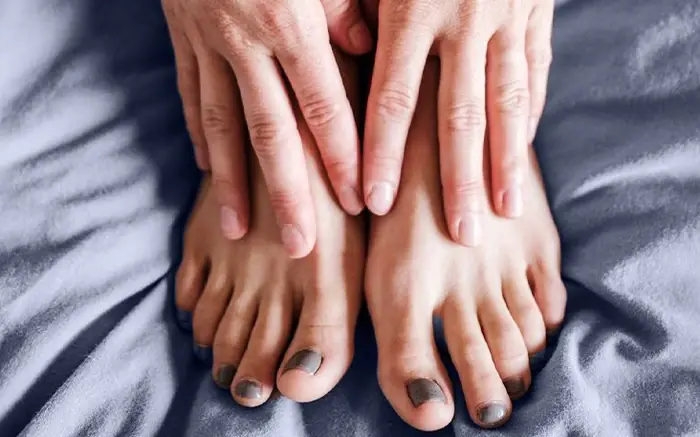
Raynaud’s phenomenon causes your body to overreact to cold or stress. When temperatures drop, your fingers and toes may feel numb and stiff. Sometimes, they even change color — first pale, then blue. When warmed up, they may tingle and turn red.
Raynaud’s also affects some arteries — blood vessels that carry blood from the heart to other parts of the body. The arteries in the hands and feet constrict and narrow, restricting blood flow to the fingers and toes, causing them to feel cold. Raynaud’s is more common in colder climates and affects women more than men.
2. How to Improve Cold Feet
Treatment depends on the underlying cause, but several home remedies can help keep your feet warm and comfortable:
-
Movement: Standing up and moving is one of the easiest ways to warm the body and improve blood flow to the feet. Walking, jogging, or even hopping in place for 5–10 minutes can help.
-
Wear socks and slippers: Keeping your feet covered indoors and outdoors helps maintain warmth and prevents further heat loss.
-
Foot soaks: Soaking your feet in warm water is one of the quickest ways to relieve cold feet. Filling a basin or tub with warm water and soaking for 10–15 minutes can stimulate blood circulation to your feet throughout the day. Doing this before bedtime can also reduce stress and relax the muscles.
However, people with diabetic neuropathy should be cautious when using hot water, as they may not sense the temperature correctly, risking accidental burns.
3. When to See a Doctor
Cold hands and feet in winter or occasionally feeling chilly is normal and not usually a concern. However, if you often experience cold extremities along with the following symptoms, you should consult a doctor:
-
Ulcers on toes or fingers that take a long time to heal
-
Fatigue
-
Weight changes
-
Fever
-
Joint pain
-
Any skin changes, such as rashes or thickening
-
Feeling that your feet are cold, but they do not feel cold to the touch
News in the same category

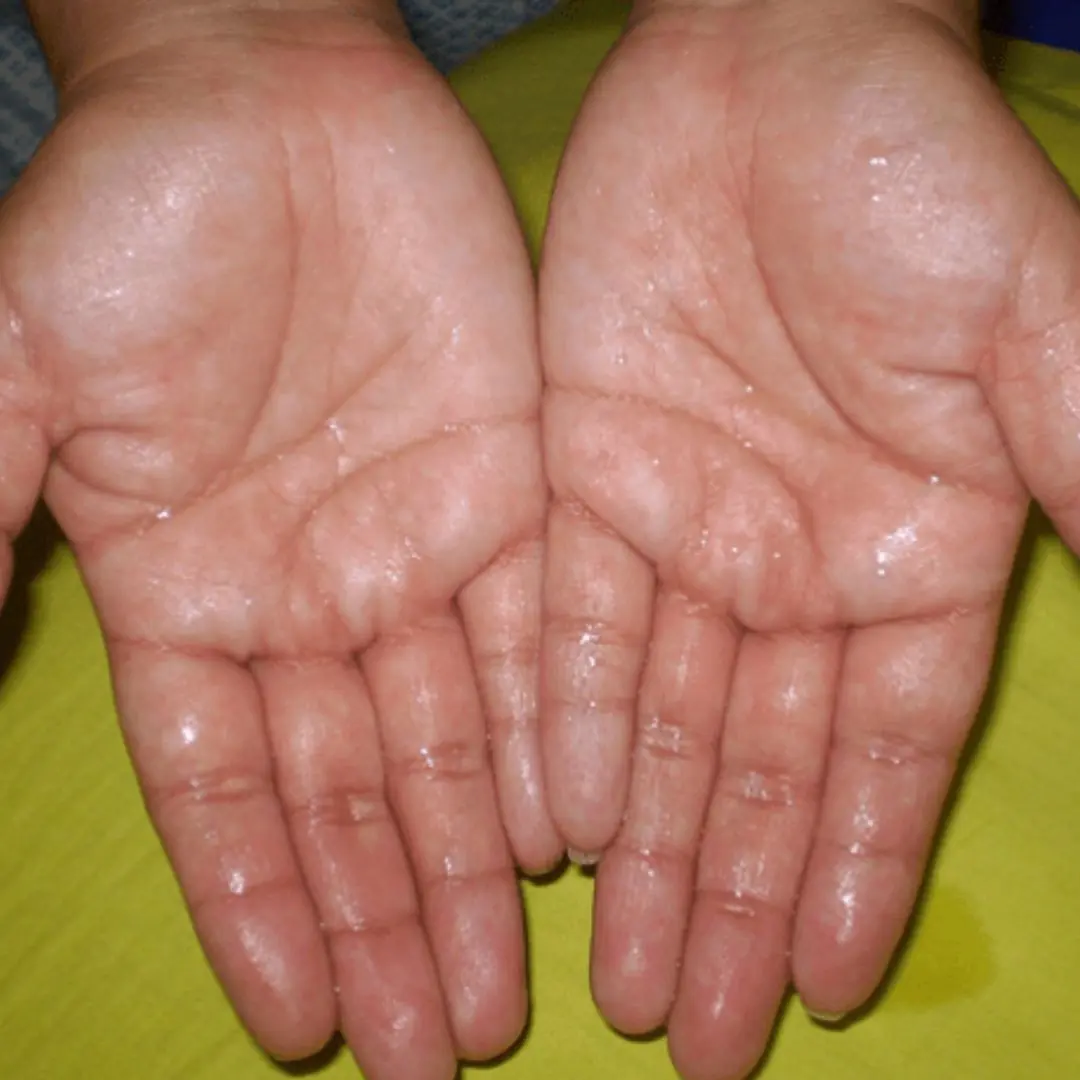
What’s Really Going On When Your Hands and Feet Won’t Stop Sweating?
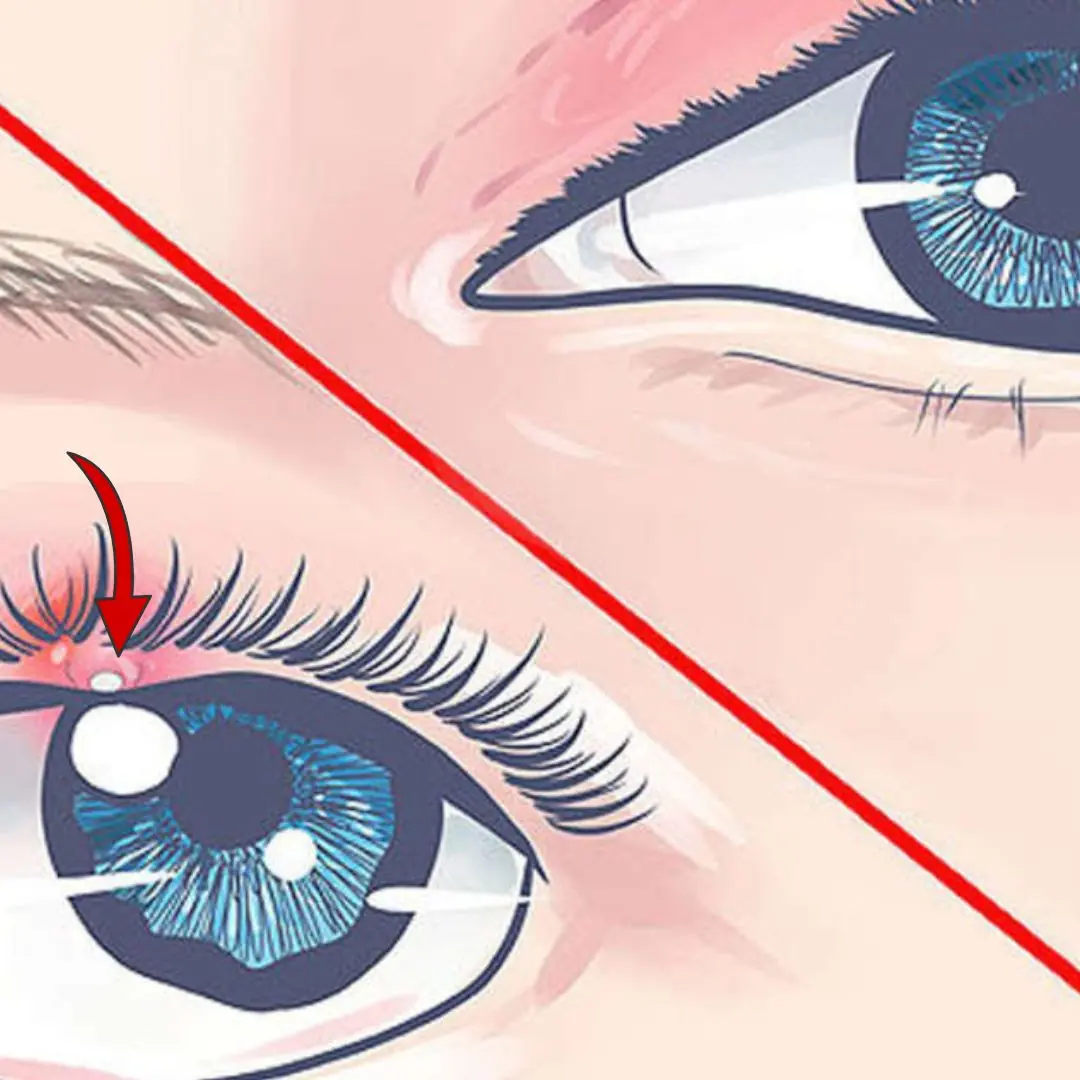
What Exactly Is a Stye — and How Can You Get Rid of It?

6 Types of Food You Should Never Keep Overnight

Can.cer Cells Love These 4 Foods

A 25-Year-Old Girl Developed L.ung Consolidation in Just 3 Days
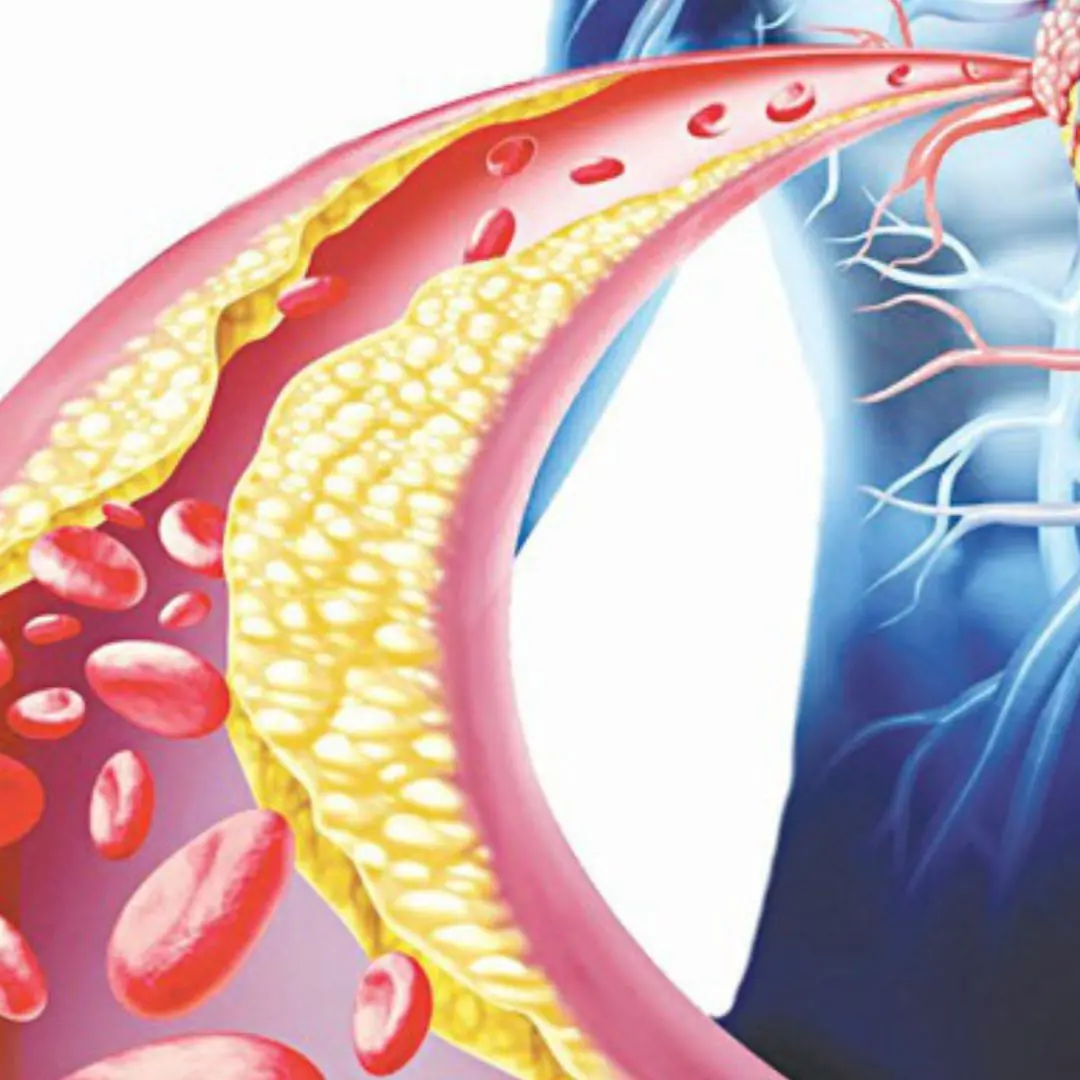
3 reasons why the elderly are susceptible to high bl.o.o.d fat and how to fix it
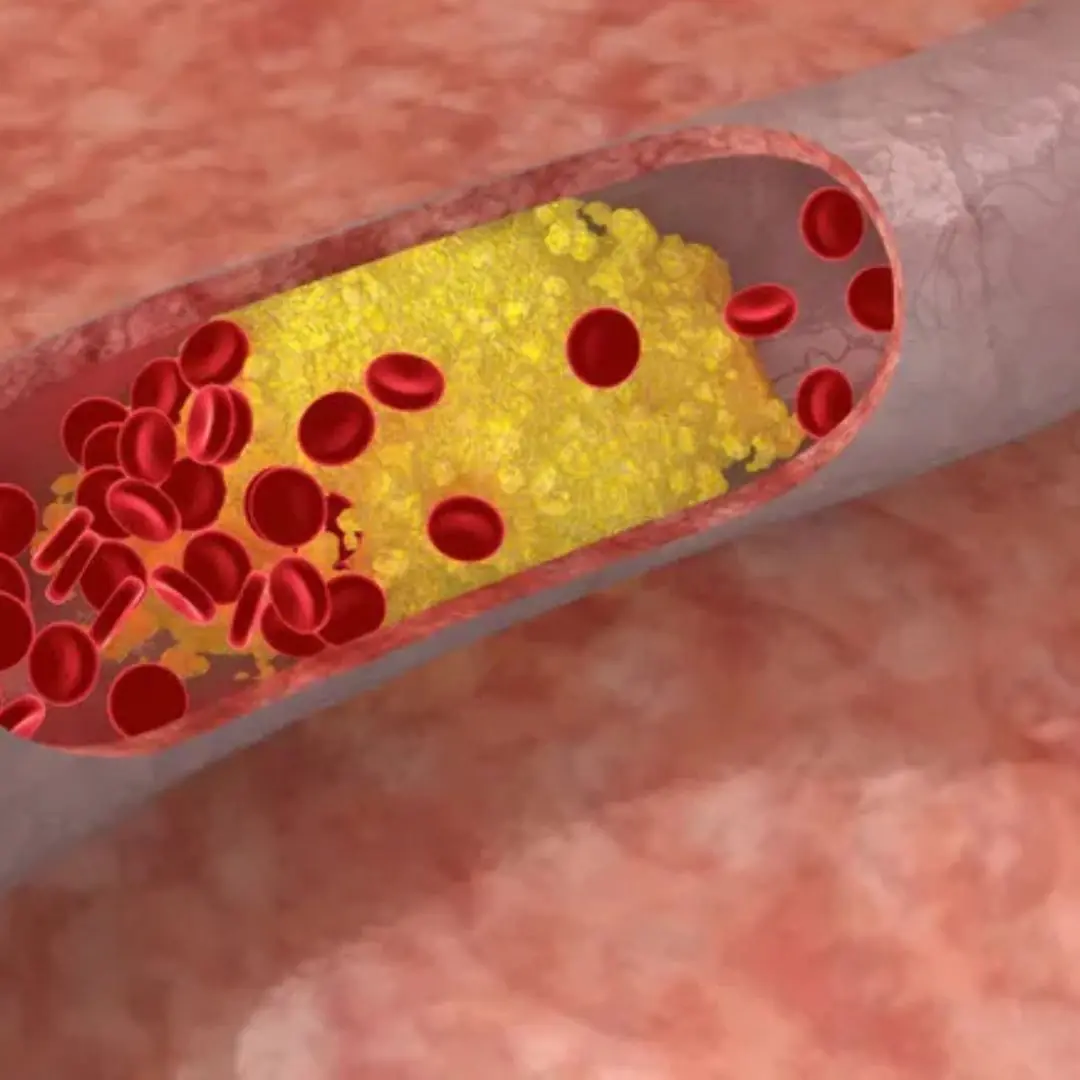
6 hidden dangers of fatty blood disease doctors warn about

5 Wild-Caught Fish That Cannot Be Farmed

Blo.od Fat and Li.ver Fat Can Skyrocket If You Overuse This Drink
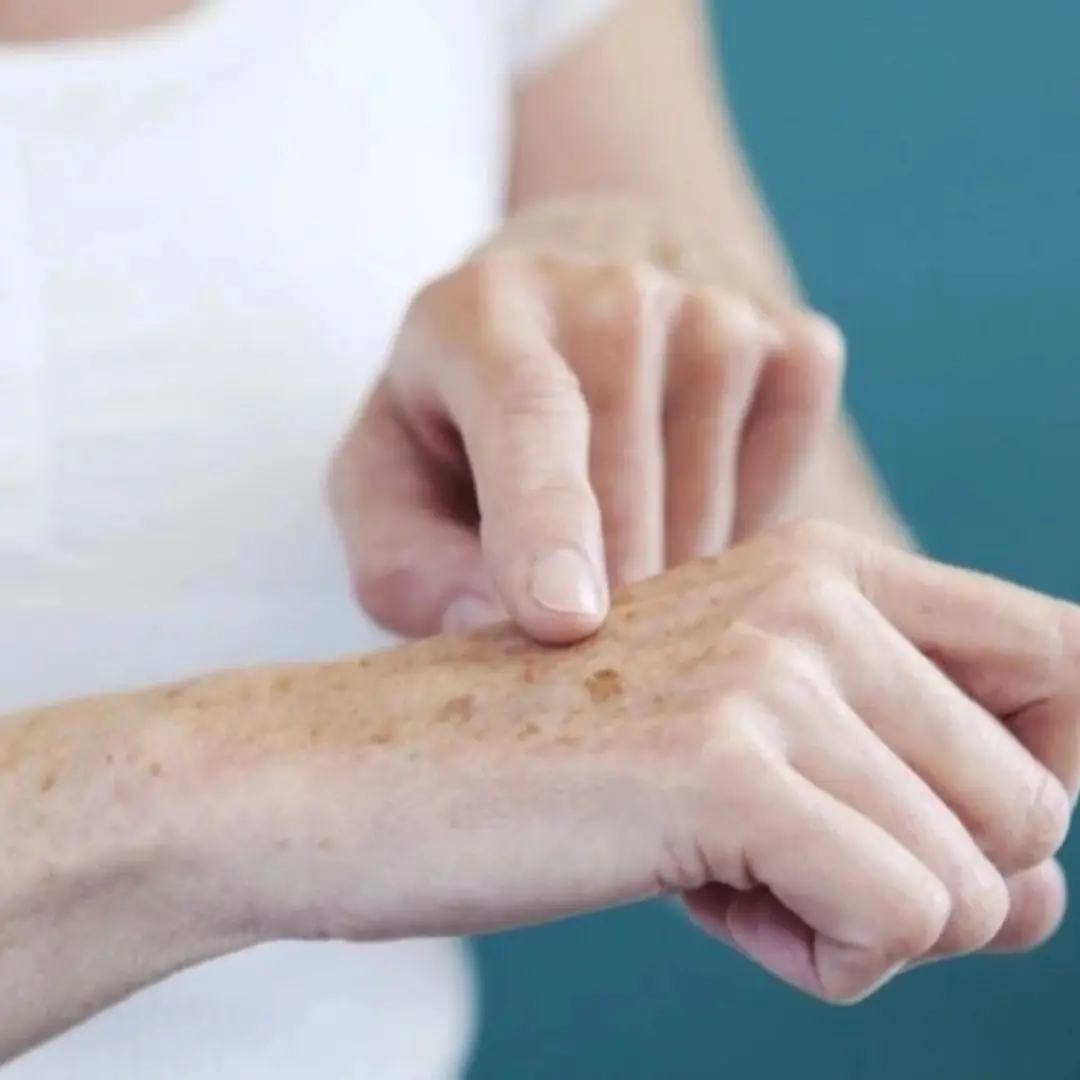
Your hands can warn you: 5 back-of-hand signs linked to health issues

Why you should avoid fruits after meals — and when to eat them instead

4 types of fish are listed as 'cancer causing'! Eating too much will cause cancer

Discover 7 Amazing Ways Drinking Perilla Leaf Water Regularly Can Boost Your Health and Well-Being

Three Types of Vegetables with the Highest Pesticide Residues
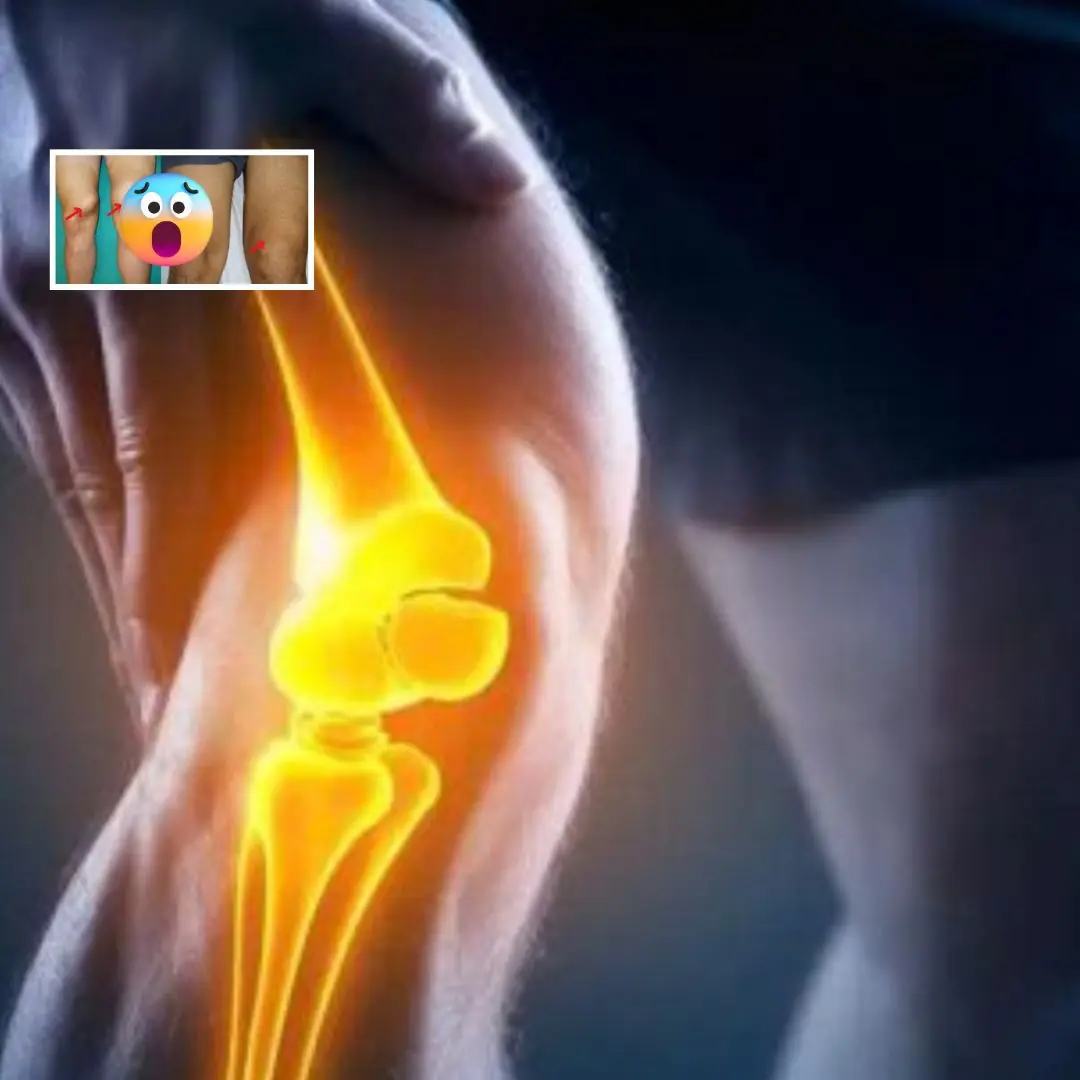
Doctor Warns: 5 Symptoms That Could Indicate Bone Cancer

7 foods to avoid in a colon cancer diet
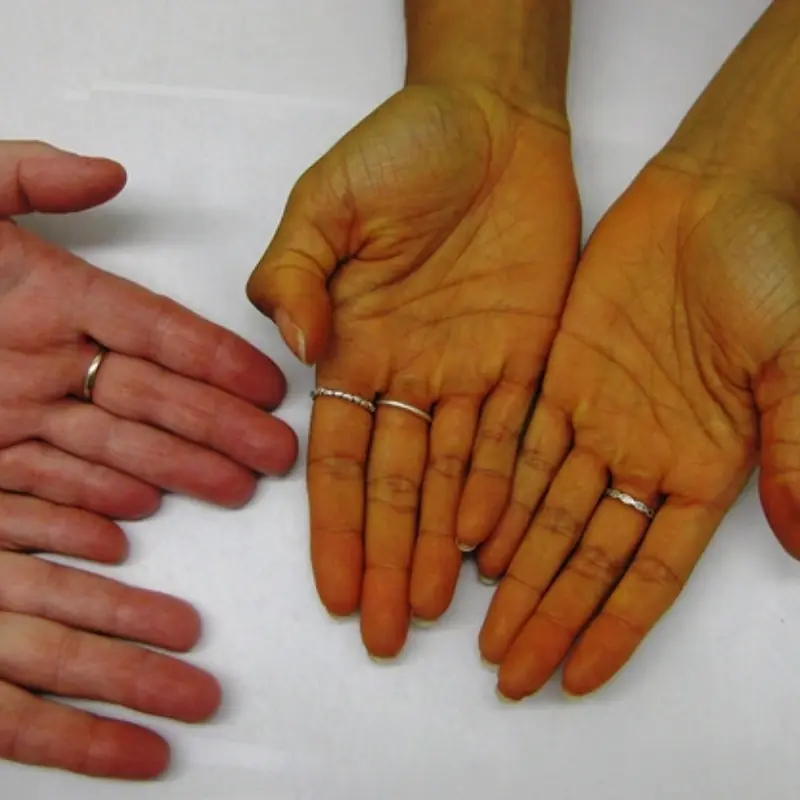
These Are the 5 Earliest Warning Signs Your Body Sends When Can.cer
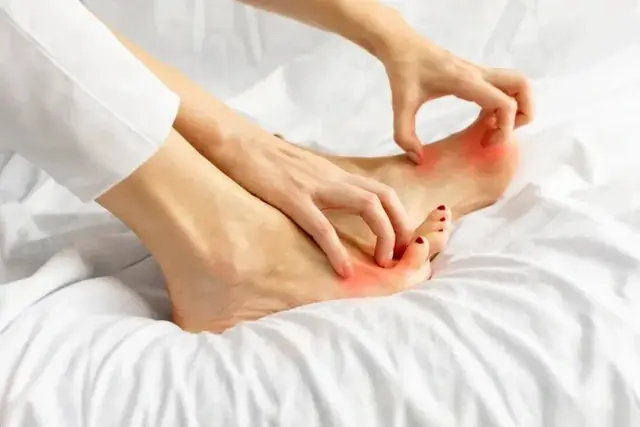
5 Early Clues Your Body Sends When Bile Du.ct Can.cer Is Taking Hold
News Post

5 dangerous habits that are destroying your liver: Quit now before it's too late

What’s Really Going On When Your Hands and Feet Won’t Stop Sweating?

What Exactly Is a Stye — and How Can You Get Rid of It?

6 Types of Food You Should Never Keep Overnight

Can.cer Cells Love These 4 Foods

A 25-Year-Old Girl Developed L.ung Consolidation in Just 3 Days

3 reasons why the elderly are susceptible to high bl.o.o.d fat and how to fix it

6 hidden dangers of fatty blood disease doctors warn about

5 Wild-Caught Fish That Cannot Be Farmed

Blo.od Fat and Li.ver Fat Can Skyrocket If You Overuse This Drink

Your hands can warn you: 5 back-of-hand signs linked to health issues

Why you should avoid fruits after meals — and when to eat them instead

Don’t Eat Grapes Before You Know This Trick

4 types of fish are listed as 'cancer causing'! Eating too much will cause cancer

Doctor explains why you should always shower at night instead of the morning

Discover 7 Amazing Ways Drinking Perilla Leaf Water Regularly Can Boost Your Health and Well-Being

Three Types of Vegetables with the Highest Pesticide Residues

No Matter How You Wash Clams, There’s Still Grit Inside?
